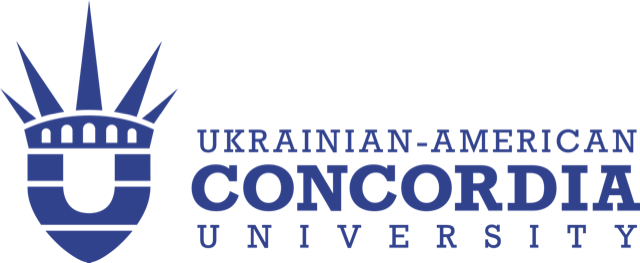Liubov Zharova, Ph.D., Professor, Head of the International Economic Relations, Business and Management Department, international expert of NAQA.
Accreditation is a word known to all academics but not always understood by other participants in the educational process. So, let’s briefly explain what, how, and why.
As always, let’s start with a definition. Broadly, accreditation is a procedure by which a state accreditation body (organization) certifies the competence of a specific legal or physical person to carry out a particular type of activity (conducting examinations, special studies, measurements, real estate evaluation, conformity assessment, etc.).
Thus, the accreditation of the educational program consists of evaluating the academic program and activities under this program to ensure and improve the quality of higher education per the defined criteria.
Who can carry out accreditation? According to the definition, accreditation can be provided by a body to ensure the quality of education defined by legislation, and/or by accredited public professional associations or other accredited legal entities that evaluate the quality of education and educational activities of Universities.
In Ukraine, accreditation is carried out by NAQA ( National Agency for Quality Assurance of Higher Education). But there are also international accreditation organizations, such as the German FIBAA (Foundation for International Business Administration Accreditation), the Polish PKA (Polish Accreditation Commission), the American CHEA (Council for Higher Education Accreditation), and others. A
What is university accreditation for? The presence of an accreditation certificate confirms the compliance of the educational program with the requirements and standards approved by Ukrainian legislation and/or international standards in this field of knowledge. The certificate of conformity is issued for 1 to 7 years, depending on the type of process and the demonstrated level of accordance.
It is essential that the accreditation process each time does not start from a zero but takes into account recommendations and comments made during previous accreditations. In this way, the program’s quality is constantly being improved and not fixed at one minimally acceptable level.
For the University, this is an indicator of the validity of its diploma, its competitiveness in the market of educational services, and confirmation of the level of educational programs and specialists working on them.
Why don’t universities get many different accreditations? Because this is the work of many experts, which must be paid. The University must pay for each educational program’s accreditation, which is a significant expense item in the budget. Therefore, Universities choose where to apply for this service.
What is accreditation for students and applicants for? First of all, this indicates that the received diploma is not just a beautiful piece of candy and can be recognized in different countries.
Second, it is a guarantee that the content of the program and the expected learning outcomes correspond to its name and the expectations of a similar program in different countries. If you simplify this thesis, it is the correspondence of the content wrapper. That is, entering business administration, and you can predict the subjects and the fullness of the program and not expect Descriptive Geometry or Latin there.
In addition, a mandatory requirement for accreditation is transparency and reliability, which means that what is written on the site and available in public access will correspond to reality. And also, if you wish, you can actively participate in the educational process and take part in its improvement. This is guaranteed (and monitored).
Therefore, accreditation is not an incomprehensible requirement. Still, a guarantee that expectations will be met, the educational program will be constantly improved, and the rights of all participants in the educational process will be respected.

